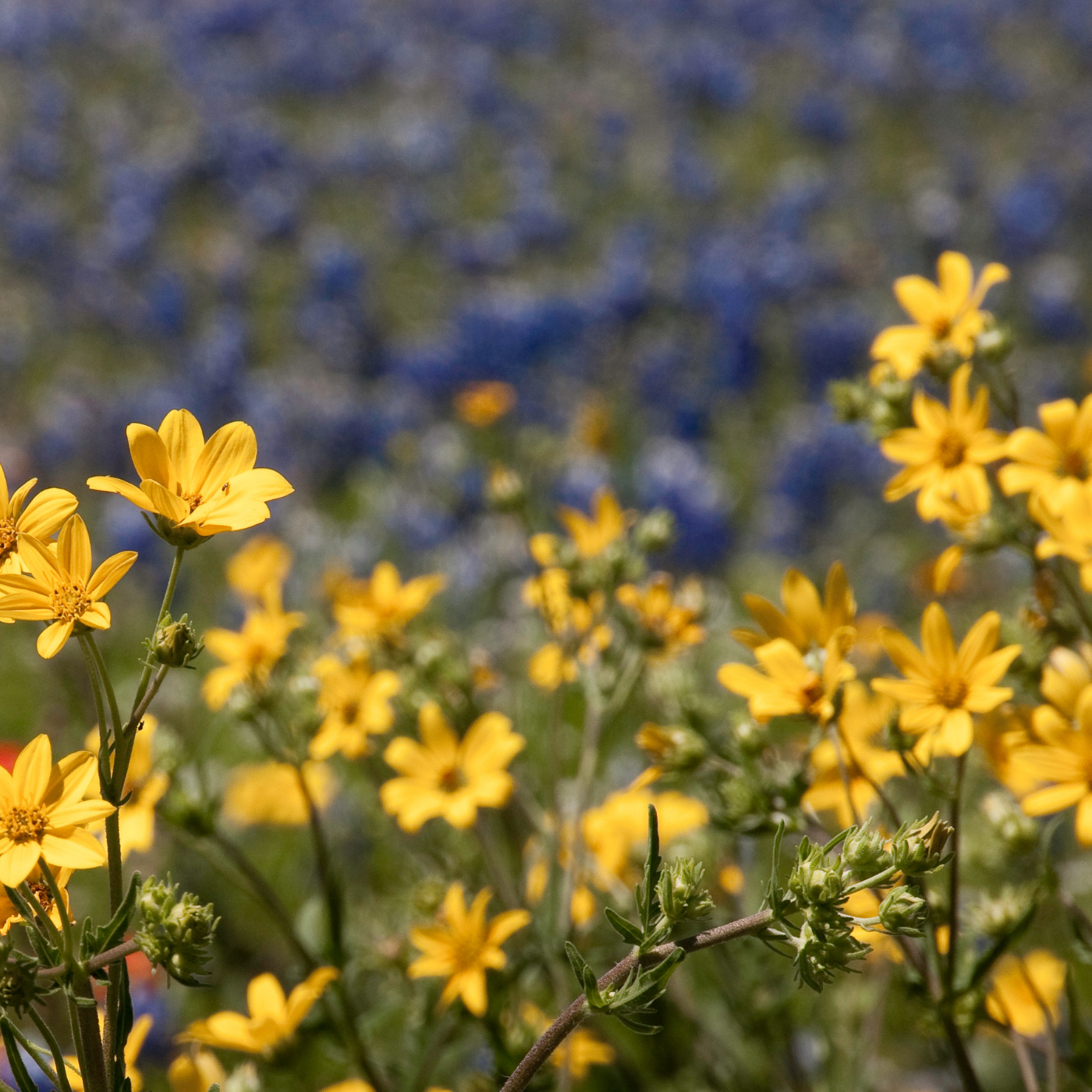
by Trace Kennedy | Apr 21, 2021 | Blog
A note from Janet: One of my great blessings in 2020 was the addition of Trace Kennedy to our ministry team. Trace is the Brand Manager for the JanetDenison.org brand and has been an invaluable asset as we expand the outreach of our ministry. Trace will be guest...

by Haley Rolf | Jul 15, 2020 | Blog
Whoever thought of the marketing tool “Christmas in July”? But, there is something hopeful about looking forward this year. Maybe things will be back to normal by then? I watched QVC sell their Christmas merchandise for a while this weekend. Then, I...

by Janet Denison | May 20, 2020 | Blog
It rained all day, but that was fine with me. Rainy days are perfect days to spend writing, and I had this year’s Advent book to work on. By the way, my thanks to all of you who sent me your Christmas memories and traditions. I’m enjoying them and the...

by Janet Denison | Nov 20, 2019 | Blog
It’s been months since I made the mistake. So why did I wake up thinking about it today? That’s how God gives blog nudges and authors a message to teach. The problem with this one is that I have to be my own illustration. I only needed a few things ...





